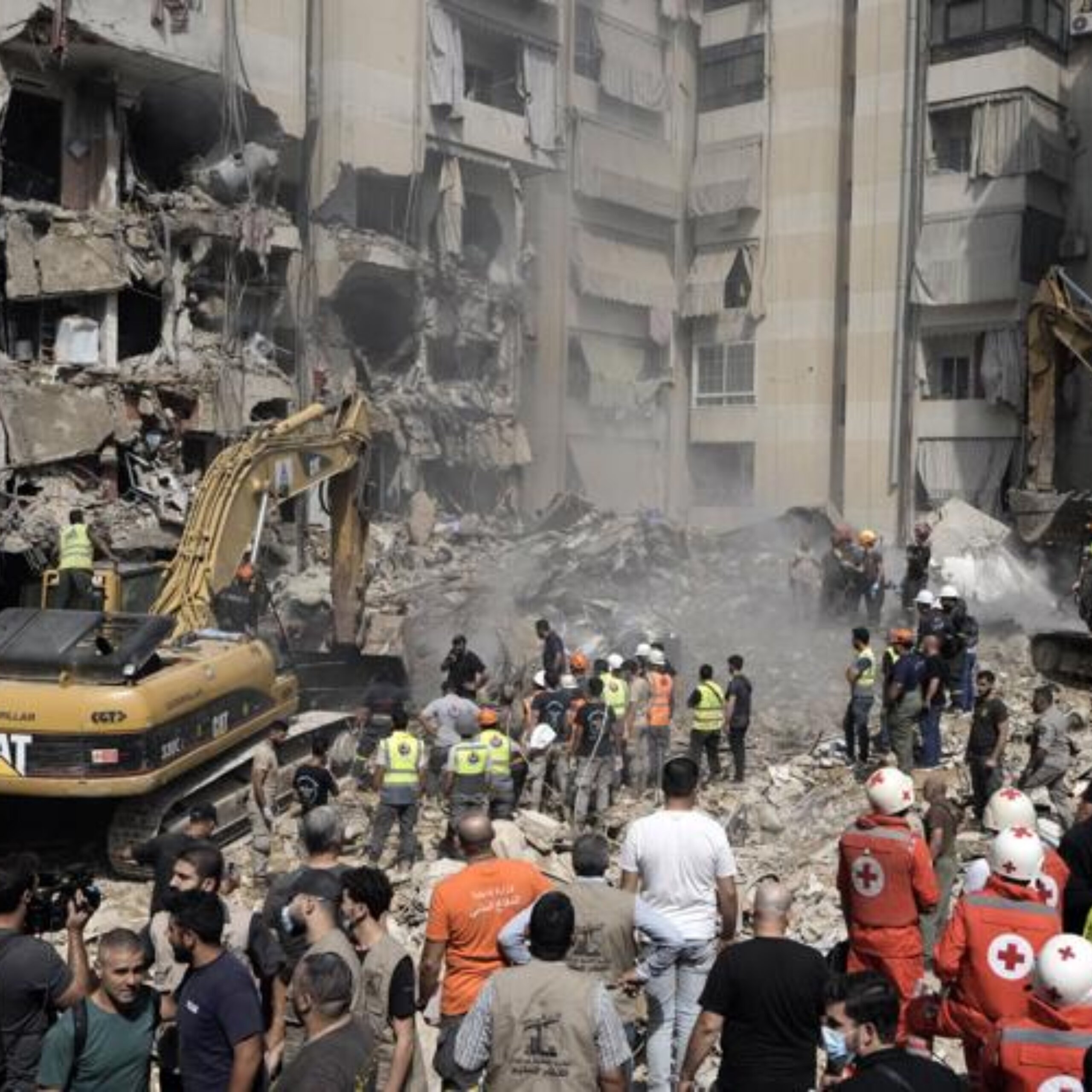Following Iran’s aerial retaliation against Israel on October 1st, Israel has dispensed more troops to southern Lebanon. The IDF urged Lebanese civilians residing in the villages located in Lebanon’s south to seek refuge north of the Awali River, which is approximately 30 miles north of the border with Israel.
The Israel-Lebanon takes on a new dimension as the Israeli military announces a “limited” ground invasion against the Lebanese militant group. Israel continues to launch airstrikes in the southern suburbs of Beirut, bombarding several neighborhoods after urging Lebanese residents to evacuate. In an official statement, the Israeli government announced a “limited and targeted ground operation aimed at dismantling Hezbollah infrastructure from along the border.”
Lloyd Austin, US Secretary of Defense, spoke to his Israeli counterpart Yoav Gallant in a call where he confirmed that Washington supported Israel in the “necessity of dismantling [Hezbollah] attack infrastructure along the border” with Lebanon to prevent “October 7-style attacks on Israel’s northern communities.” Austin also warned Iran of the power of the offensive if it chose to butt heads against Israel, a strategic ally to Washington.
I spoke with Israeli Minister of Defense Yoav Gallant today to discuss security developments and Israeli operations. I made it clear that the United States supports Israel’s right to defend itself. We agreed on the necessity of dismantling attack infrastructure along the border…
— Secretary of Defense Lloyd J. Austin III (@SecDef) October 1, 2024
In the first official address since former Hezbollah chief Hassan Nasrallah’s assassination, the Deputy leader of the Lebanese militant group, Naim Qassem confirmed that the group is armed and ready for imminent ground incursions. A new leader will be elected shortly as the war advances, added Qassem.
The Lebanese endured another day of terror and devastation as Israeli airstrikes killed at least 105 people and injured 359 others. Lebanese health officials reported a heavy influx of casualties from across the country as Israel launched fresh attacks on Sunday evening and early Monday morning. Israeli forces struck Lebanon’s capital, Beirut, for the first time since 2006, signaling the potential for an all-out war in the region.
In the early hours of Monday, Lebanese media outlets reported an Israeli airstrike in the Kola bridge area in central Beirut. The bombardment of Lebanon’s capital, which was previously considered a haven from attacks, indicates that Beirut will feel as much of the brunt of the conflict as the rest of Lebanon. The bombing of municipal properties in Beirut claimed the lives of three members of the Popular Front for the Liberation of Palestine, an armed group with operations in Lebanon and Gaza.
Further penetration into Lebanon comes amid Israeli airstrikes launched at Houthi targets in Yemen. This expands the perimeter of the war in Gaza and Lebanon to other regions in the Middle East. On Sunday, the Israeli military sent dozens of aircraft, including fighter jets, to ravage power plants and sea port facilities at the Ras Isa and Hodeidah ports in Yemen. The attacks claimed the lives of at least four people—one port worker and three electrical engineers, as reported by the Houthi-affiliated Al Masirah TV.
These attacks on Yemen came after the Iran-aligned militant group confirmed they fired a ballistic missile at Ben Gurion International Airport near Tel Aviv in Israel.
Prime Minister Benjamin Netanyahu, this evening:
“If someone rises up to kill you, kill him first.’
Yesterday, the State of Israel eliminated the arch-murderer Hassan Nasrallah.”
Full remarks >>https://t.co/GKJCe9iwQ9 pic.twitter.com/WchZiQ96La
— Prime Minister of Israel (@IsraeliPM) September 28, 2024
In a statement released on Monday, Hamas confirmed the death of Fateh Sharif, a Hamas commander based in the south of Lebanon. The attack was concentrated in the El-Buss refugee camp in the country’s south. Aside from these attacks, an Israeli airstrike in Ain al-Delb near southern Sidon killed 32 people and displaced several families that sought refuge in the area.
The intense airstrikes were dropped in the heart of Lebanon’s capital after the assassination of Hezbollah chief Hassan Nasrallah in the southern suburbs of Beirut. The Israeli military also confirmed the killing of senior Hezbollah political official Nabil Kaouk on Sunday. As the conflict peaks between Lebanon and Israel, Lebanese Prime Minister Najib Mikati announced that “as many as one million people have been displaced by the violence.”
* This article has been updated with details from Naim Qassem’s official address.






